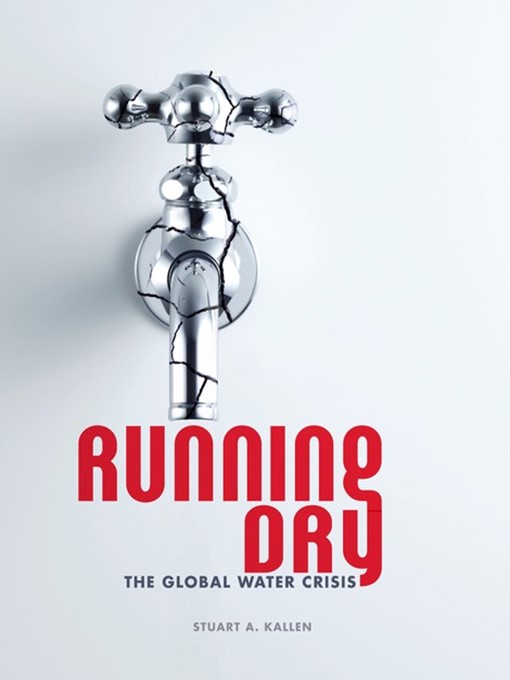-
Description
-
Details
-
Reviews

OverDrive Read
- ISBN: 9781467763080
- Release date: January 1, 2015
PDF ebook
- ISBN: 9781467763080
- File size: 6114 KB
- Release date: January 1, 2015

Loading
Formats
OverDrive Read
PDF ebook
Languages
English
Levels
Lexile® Measure:1230
Text Difficulty:9-12
